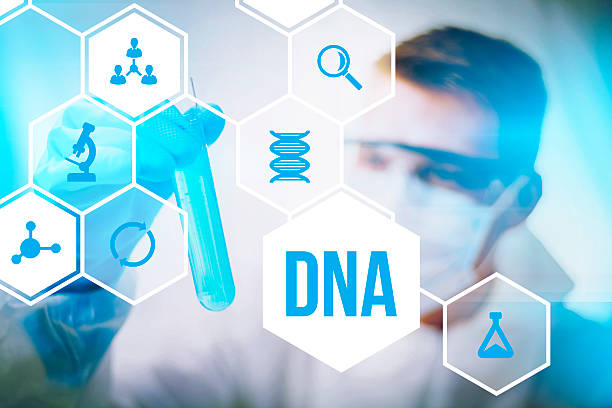Your DNA is uniquely yours, and it can tell you a lot about yourself. Whether you want DNA genetic testing to find out who your relatives are, you want to find out if you are inclined to get certain diseases, or for some other reason, DNA testing can give you insight into your lineage, your health, and more. Take a look at the top eight reasons to get DNA testing.
-
You Can Learn About Your Health
One reason that people get DNA testing is to learn about their health. You can find out if you have genes that put you at risk of developing some diseases. Having these genes doesn’t mean that you will contract the illness, but you can use this information to take precautions and get screenings that you otherwise may not get. There are screenings for certain cancers, and you will know to start your screenings earlier than the average person does. Different companies offer DNA testing for health, and they can give you information about your odds of contracting different cancers, diabetes, heart disease, obesity, and more.
-
You Want to Confirm Paternity
It is very common for people to get DNA genetic testing when they want to confirm paternity. This happens when people are involved in a dispute over child support or when they just want to know. Sometimes it is ordered by the court, and other times people just want to confirm it. These tests are extremely accurate, so you can find out if a child is your biological child or not. These tests are often taken when a man is approached by a woman and told that he is the father of the child. If you have any doubts, a DNA test is a great way to find out.
-
You Have a Dispute Over an Inheritance
It can be important to have a DNA test if you are involved in a dispute over an inheritance. When a loved one passes away, there are times when a virtual stranger will show up to claim their share of the inheritance. In this case, you can have a judge order a DNA test to confirm whether or not the person is a relative. It doesn’t matter whether the person claims to be the child of the mother or the father because DNA testing can answer any question.
-
You Can Screen for Genetic Diseases That You Might Pass to a Child
Before you get pregnant, you may choose to screen for any genetic diseases that you can pass on to your child. There are genetic mutations that lead to a risk of any children you have developing certain diseases, such as cystic fibrosis or sickle cell anemia. If you do have any genetic markers, you can meet with a genetic counselor to discuss the risks and make a plan. They can help you understand what the risk is and what to consider before you have children.
-
You Want to Learn About Your Biological Family
Many people are adopted, and others have been conceived using a sperm donor. Some are even conceived using an egg donor. Many people grow up and have a natural curiosity about their biological parents. They may choose DNA testing to find out who their biological family members are. There are different laws in place to protect sperm donors, but people do find biological siblings who have the same donor. These tests will tell people who their siblings are, but they still need to find the father to confirm who it is.
-
You Can Learn About Your Genetic Profile
People often get DNA testing to find out more about their genetic profile. It can be exciting to find out the geographic origins of your ancestors and how they migrated over centuries. Some test kits will compare your DNA to other populations and find those that are close matches. They will tell you what percentage of your DNA is likely from that region. This tells you a lot about your family history, and you can meet other people who share your ancestors.
-
You Can Learn About Your Ability to Process Certain Medications
When you take medications, your body needs to be able to transport them and metabolize them. Otherwise, they won’t work the way they are intended. Your DNA can help doctors find out how you can process different medications, which can help in treatments. They can prescribe medications that are ideal for your body, and they can treat you more effectively.
-
You Can Learn About Genetic Traits
Different traits, such as your hairline, your toe length, taste preferences, and more, are impacted by genetics. You can learn about your DNA and find out what traits you are most likely to have. You know your hair and eye color. But if you are afraid of public speaking, you may discover that there is a natural, genetic reason for it. This can help you understand yourself better.




